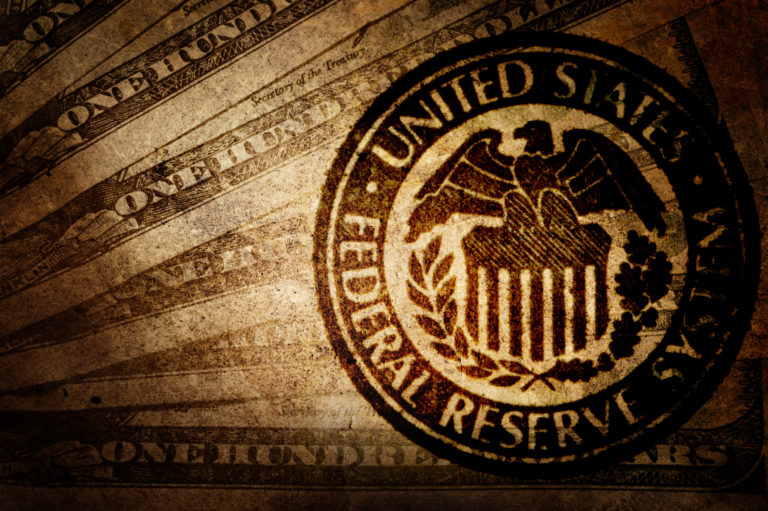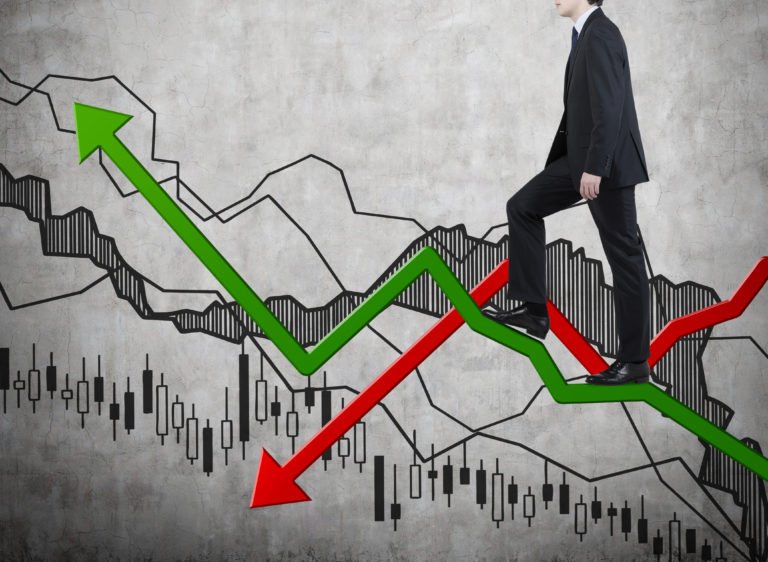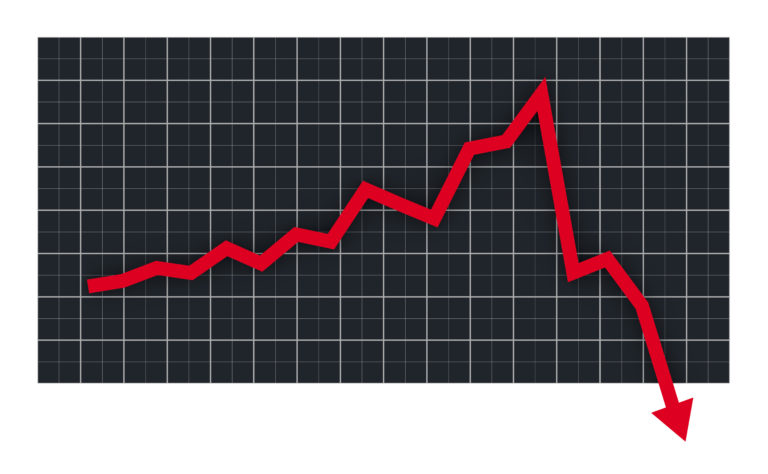On the surface, foreign currency trading looked like an ideal post-recession activity for “Too Big To Fail” banks.
The exchanges offered the possibility of considerable returns on investment, coupled with a low risk environment. Those two factors made the exchange market the perfect business venture for an industry reeling from the mistakes of 2008.
Unfortunately, the Wall Street culture has become increasingly obsessed with manipulating any possible system for the slightest advantage—and the foreign exchange market was no exception. That’s why last month, four major banks plus UBS were fined a total of $5.4 billion by U.S. authorities after pleading guilty to rigging foreign exchange markets.
CitiGroup, JPMorgan Chase, Barclays and Royal Bank of Scotland pleaded guilty to numerous crimes related to the manipulation of several world currencies. According to CNN, fines from the U.S. Justice Department totaled $2.5 billion, with the Federal Reserve and other regulatory agencies levying nearly $3 billion in additional fines against the four institutions as well as UBS Financial Services.
While some may be reassured by the fact that the institutions were caught and punished, numerous factors about this case should trouble anyone who believes in stronger regulation in the aftermath of the financial crisis:
What Took So Long?
Reports indicate that as far back as 2007—the earliest days of the financial crisis—online traders from the convicted organizations were manipulating currencies via online chat rooms that they nicknamed “The Cartel” and “The Mafia.”
“These banks participated in a brazen display of collusion and foreign exchange rate market manipulation,” said U.S. Attorney General Loretta Lynch.
Given its pure size, the global exchange rate market is highly under-regulated. Trading on this market is about five times more frequent than on all global stock exchanges combined. The fact that five massive institutions were able to commit such ‘brazen’ acts without detection for nearly a decade is alarming.
What Penalties Did They Pay?
$5.4 billion surely isn’t chump change, but when spread across four huge institutions plus UBS, the penalty comes out to a little over $1 billion per guilty organization. A sizable number, for sure—until you consider that last year alone, foreign exchange revenue totaled in excess of $1 billion on average at the industry’s largest banks. And even that figure is a step down from the all-time high in 2008, when revenue reached an astounding $21.7 billion at 10 of the world’s largest banks.
Behind the scenes, the banks have already bargained with the Securities and Exchange Commission to provide exemptions that will allow them to continue conducting business as usual. Worse still, as The Telegraph reports, this scandal is just the tip of the iceberg, as U.S. and European authorities continue to investigate further wrongdoing at other prominent institutions.
Thus far, no indictments have been filed against any officers or employees of these major institutions. It took a special order from one New York legislator to force Barclays to dismiss eight employees with varying levels of involvement in the scandal.
A Culture Problem
Finally, maybe the most troubling factor in this entire incident is the overwhelming culture of deceit and manipulation that permeates Wall Street. As previously mentioned, currency exchanges appeared to be a hand-picked investment opportunity for a more conservative banking industry following the recession. Yet before the ink was even dry on bailout deals, insiders were finding ways to manipulate and tilt the markets in their favor.
Perhaps the prevailing attitude on Wall Street was best summarized in a chat room message sent by one Barclays trader, later found by prosecutors:
“If you ain’t cheating, you ain’t trying.”



















